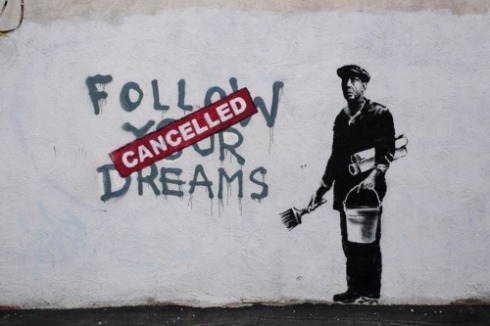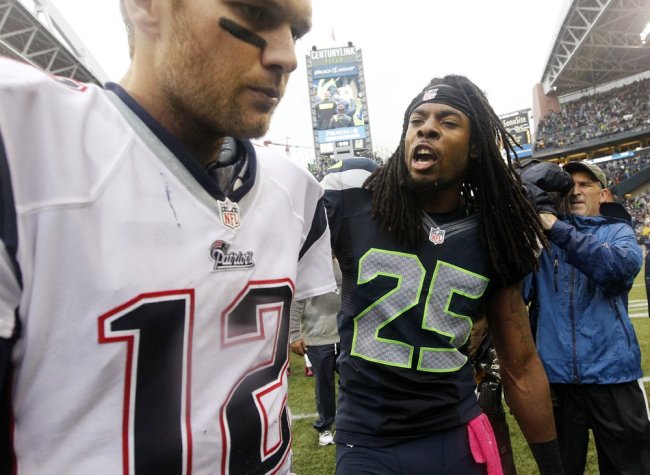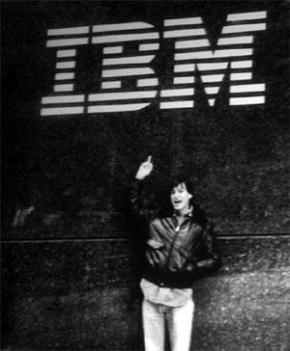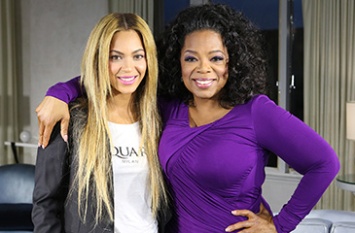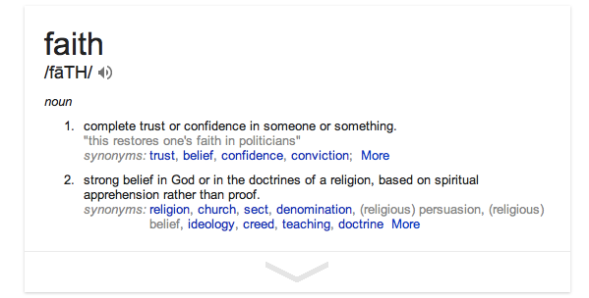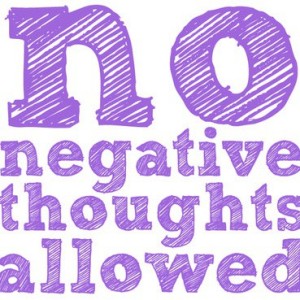
https://twitter.com/BlackScholarONL/status/420610964770529280
I’m not sure how many of you read Steal Like An Artist by Austin Kleon. It’s a great book about creativity and productivity. The lessons taught in this book can be applied to any discipline, industry, or skill. It’s been one of my favorite books since 2012—when I first read it. Like most readers of good work or good art, you find yourself wanting to connect with the creator of the good work. I tried. I followed Austin Kleon on Twitter. I have also listened to several interviews featuring Mr. Kleon. In summary, I came away unimpressed and confused each time.
Today, I un-followed Mr. Kleon. Why? Well, the easiest way to explain why is to say that he’s a jerk. I don’t mean that disrespectfully, but as a honest opinion based on numerous observations. He didn’t say anything negative to me, but it felt like every fourth tweet was negative or condescending.
I loathe negativity. It saps my energy. I don’t like being angry. We have enough “angry Black men” in America, right? As I pondered why his tweets were so negative, I recalled a specific section in his book. Kleon writes the following:
“You’re going to see a lot of stupid stuff out there and you’re going to feel like you need to correct it. One time I was up late on my laptop and my wife yelled at me, ‘Quit picking fights on Twitter and go make something!’ She was right. But anger is one of my favorite create resources.”
Ahhhh. It all makes sense now. He purposefully tweets negative things and comes off as a jack ass, because 1) He probably is a jack ass jerk, 2) He uses the negativity as fuel for his creativity. I respect the latter. I can relate. But there’s something in my spirit, something that tells me that’s not right—that’s not the way to do things. Even in Kleon’s own book, in chapter 8, it says “BE NICE. (The world is a small town). So why isn’t this guy taking his own advice?
My problem is that I know the connection or correlation between having a successful business and connecting with people. I saw it firsthand with my grandfather. He woke up bright and early every morning. He came to pick his eldest grandson up—myself. I hopped in his jeep or his Volvo and we drove to Sam’s Club, almost every morning. We grabbed donuts, big boxes of candy, coffee, water, chips, soda, and a copy of the Milwaukee Journal Sentinel. Most of these items were for the vending machines. Grandpa would later remind me that the customers wouldn’t get comfortable in a place of business without having access to some luxuries—such as snacks and beverages. The donuts and coffee were for the staff. He believed in keeping his barbers and beauticians fed. He made connections with his people in subtle ways. Additionally, grandpa helped his employees with their taxes, legal situations, and lives. He frequently met with his young staff to offer life advice. Despite his success, he never took any employee, vendor, or customer for granted.
Unsurprisingly, the thesis of Welcome to Black Excellence is connections. In order for the Black community in America to improve, we have to support one another. Ask any psychologist or sociologist, society is based on relationships and connections. There are no self-made millionaires or billionaires. Every human being needs someone. As an introvert, I can credibly say that even introverts or “home bodies” need people. If you create art for a living like Austin Kleon, you need people to want to read, view, appreciate, share, and buy that art. That requires you to be likable.
In this social media dominant era, artists, writers, entrepreneurs, entertainers, athletes, and professionals need to be mindful of what we say and do online. I encourage everyone to be genuine. “Be yourself.” By being yourself, you will be unmistakable and possibly remarkable. But regardless of your gifts and talents, your personality and how you interact with others determines your success. Your attitude determines your altitude. Now I personally recognize that some people didn’t like the content of My Flexibility Manifesto: Following Your Passion 2 Success. I used positive psychology and spirituality to advise readers how to find meaningful, purposeful work and their life’s purpose. Anytime you talk about politics, religion, or spirituality, you are going to turn some people off. I was well aware. Thus, my approach for Welcome to Black Excellence is different.
As an African American intellect and creative, here’s my conundrum. There are 4.6 million African Americans with bachelor’s degrees. A quick Google or Twitter search with the words “Black Scholar” will result in many results that include myself. In creating Black Scholars LLC in December 2010, I have seen two sides of the coin. One side of Black scholarship is harsh, extremely political, anti-White, anti-Anglo Saxon, anti-European or Western influence. The rhetoric is unforgiving of this nation’s ugly past. This type of Black scholarship borrows from Nat Turner’s rebellion and Marcus Garvey’s teachings. A clear example of this type of scholarship can be found on Tavis Smiley’s and Cornel West’s Facebook group based on their collaborative efforts against poverty (which is strange, because neither Tavis Smiley or Cornel West subscribe to this scholarship).
The other side of Black scholarship is positive, uplifting, and future-focused (I even started my own Facebook group that depicts that). This half of the dichotomy is cognizant of America’s past and present, but it is not engulfed or handicapped by it. Although, I don’t write much about slavery, America’s true discovery, or African empiricism, I know that history well. I believe that history. I respect that history. But I didn’t study African American cultural studies in college (independently I did examine many issues from the African American perspective). I studied psychology. I studied education. And now I’m studying professional and technical writing/communications. Combine all three, and you have me. A gifted writer that believes in the power of education and positive psychology. I recognize that our history books are inaccurate and mainly one-sided. But I can’t change that bias. What I can change is the perspective that I write from and the perspective that some African Americans operate from. We can operate from a place of affluence, togetherness, and hope. Does that make me the ultimate scholar? No. But I’m learning.
Regardless of what side of Black scholarship I picked, inevitably I would piss some people off.
By being true to myself, I am creating the best art possible. I am focused on those that resonate with the future-focused paradigm of change in our communities. I am still being remarkable. I won’t participate in racist antics or discriminatory practices against people who look different than myself. What’s the purpose of the art if you delete the potential fans and viewers of the art? It’s not about ME. It’s about the people—all people—not just a small portion of the whole. Once we truly understand this, we will be successful as a society. Right now, we are not successful.
Consequently, teachers aren’t teaching effectively in our nation’s classrooms, because they still think it’s about them. It’s not! It’s about the children. Businesses are failing one after another, because they think it’s about them, their board of directors, their website, or their marketing plans. It’s not! It’s about the people, the consumers, the users, and the audience.
The reason why Apple and Oprah Winfrey are so successful is caused by their authentic focus on the people.
The goal for any creator, artist, entrepreneur, or professional is to SERVE the people. It’s about enhancing and increasing the lives of your tribe. That’s why I encourage Facebook users to comment on statuses and interact versus simply liking posts and pages. If Facebook is truly a social platform, then people should be socializing.
Think about it from this perspective, would you rather sell a million books and no one talks about how that book changed their lives for the better? Or would you rather sell 10 books and it dramatically impacts the lives of the readers to the point that they start opening their own businesses, falling in love, believing in God, and volunteering for non-profit organizations? For most of us, we want the gray area. We want to be commercially successful while impacting lives. And we can have both. But it starts with YOU focusing on your PEOPLE. It’s not about you. It’s about them. If you approach your art, your work, and your business, from a perspective of how you can add value to your audience’s lives, you will not be able to hold the abundance of blessings that will come your way.
For the record, I admire Austin Kleon’s work. I was only using him as an example to make my point. His book inspired my writing and creativity, but I don’t like his personality.
If you liked this editorial, please comment below and share it with someone you love. Subscribe at the top (click the “Follow” button). Email me at Leonard.Wilson.Jr@gmail.com. Follow me at Twitter: @BlackScholaronl. And thank you for reading! I appreciate YOU.
